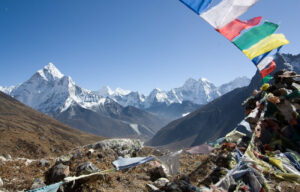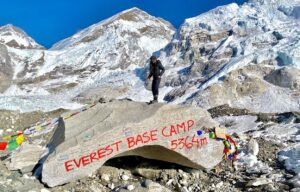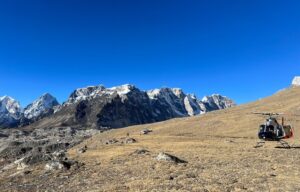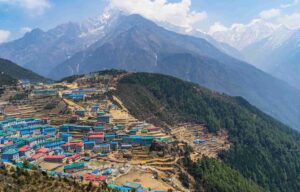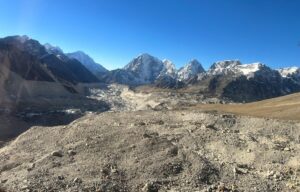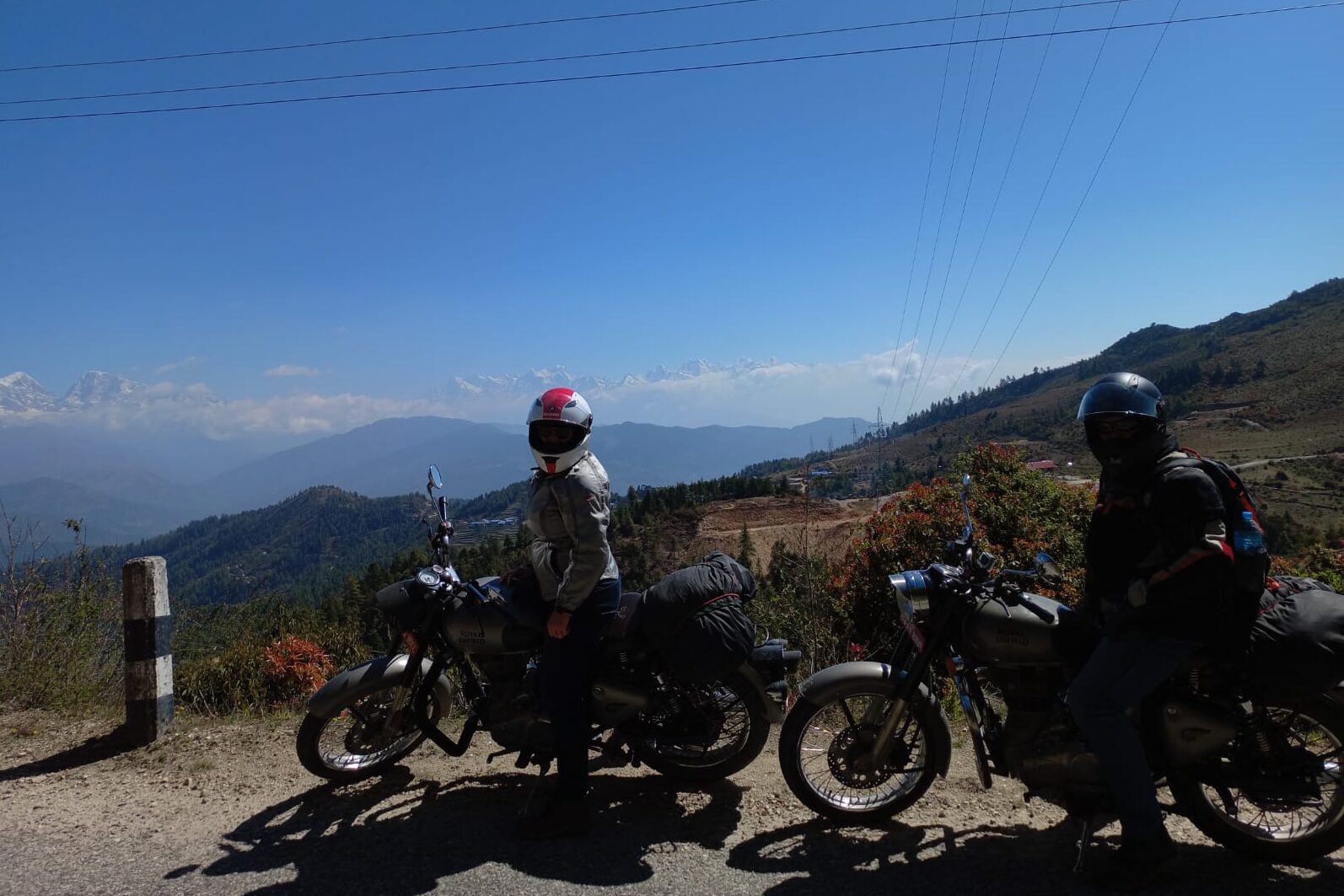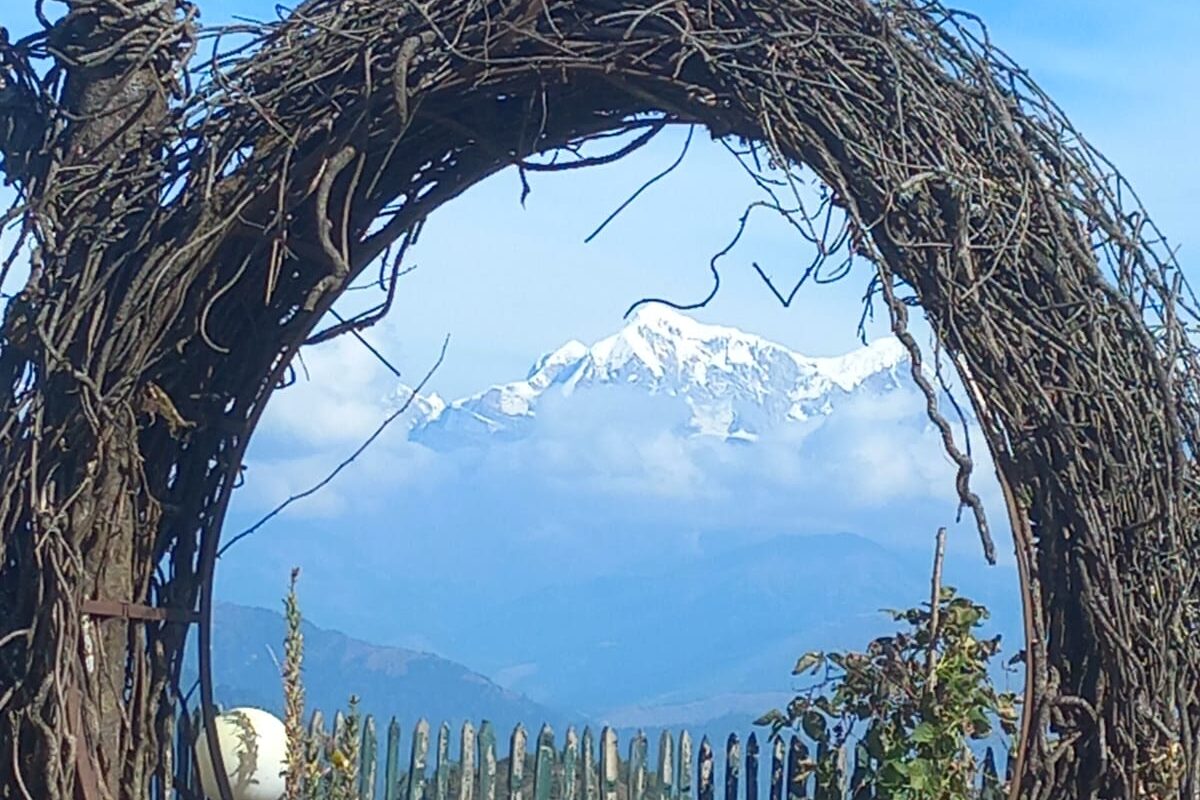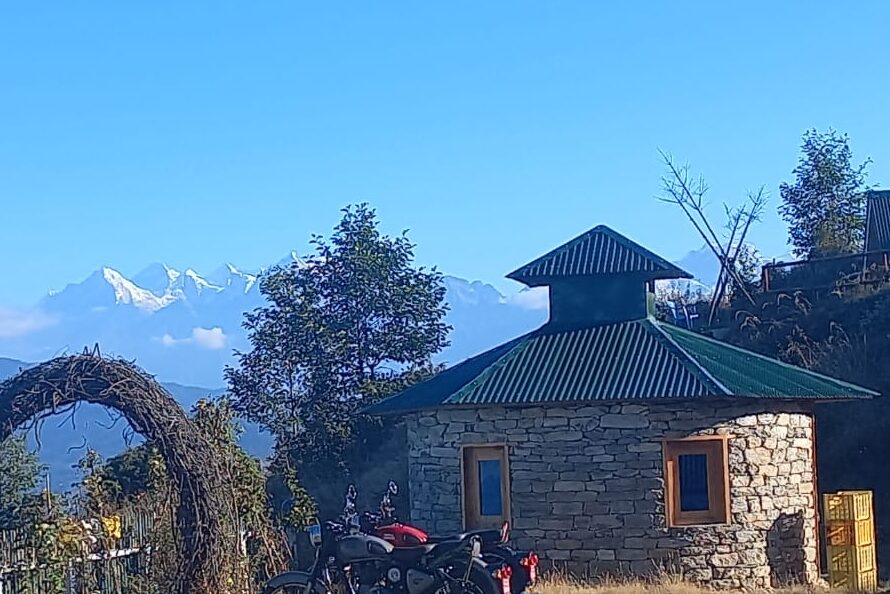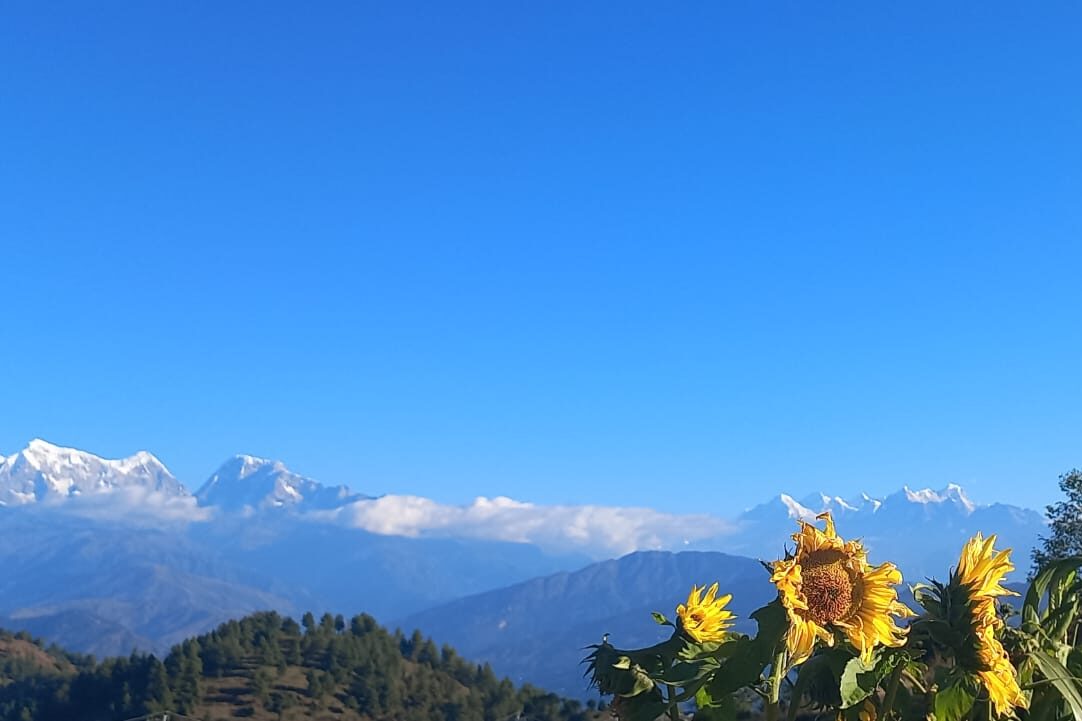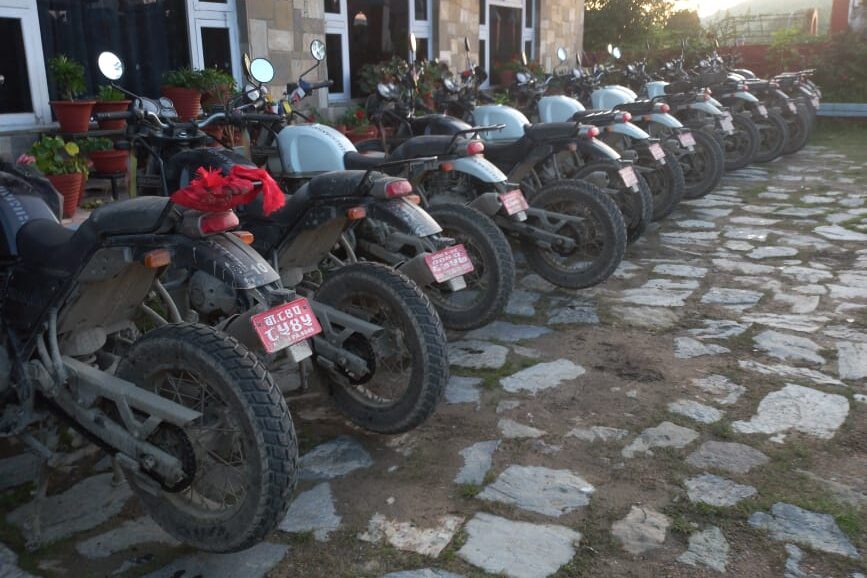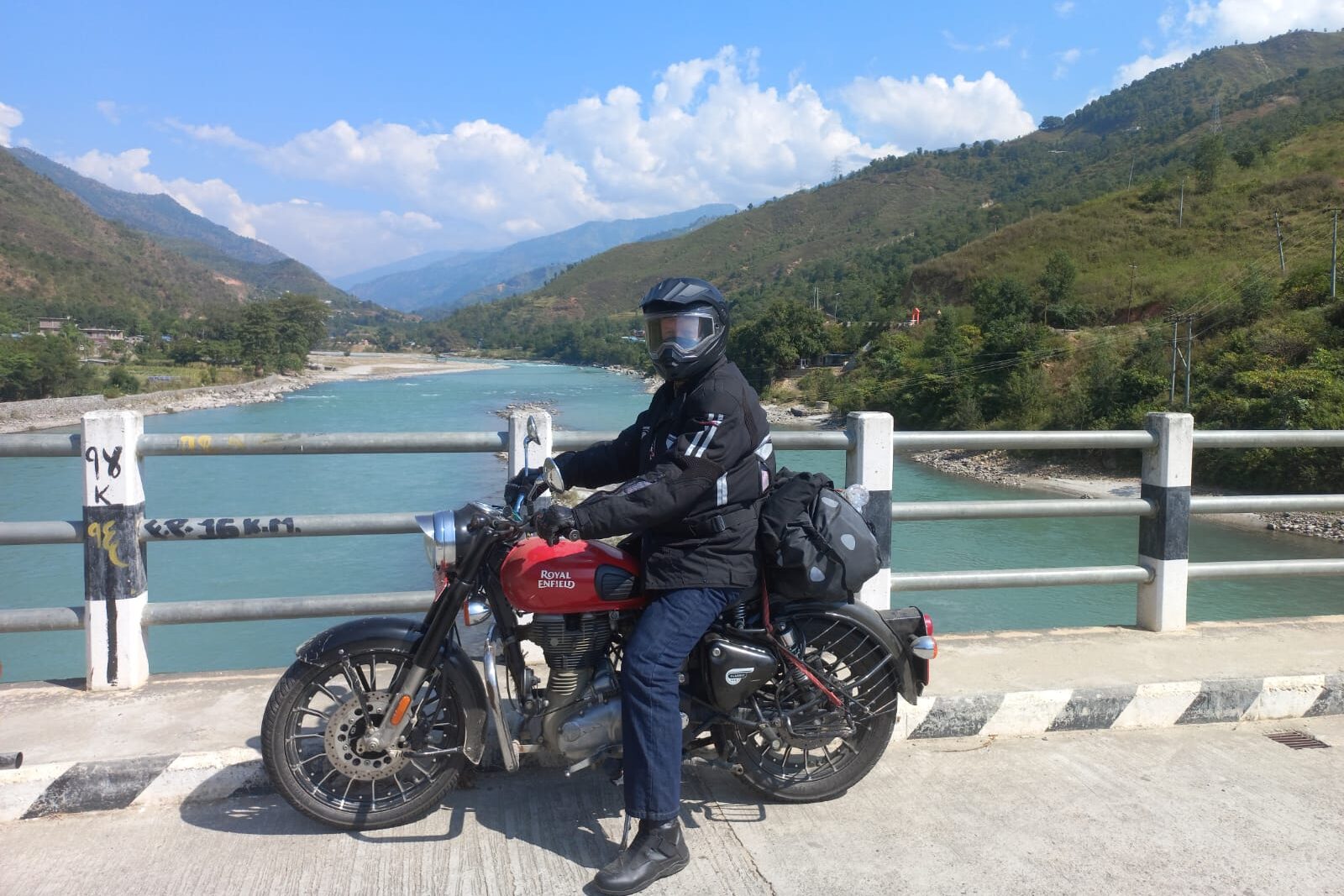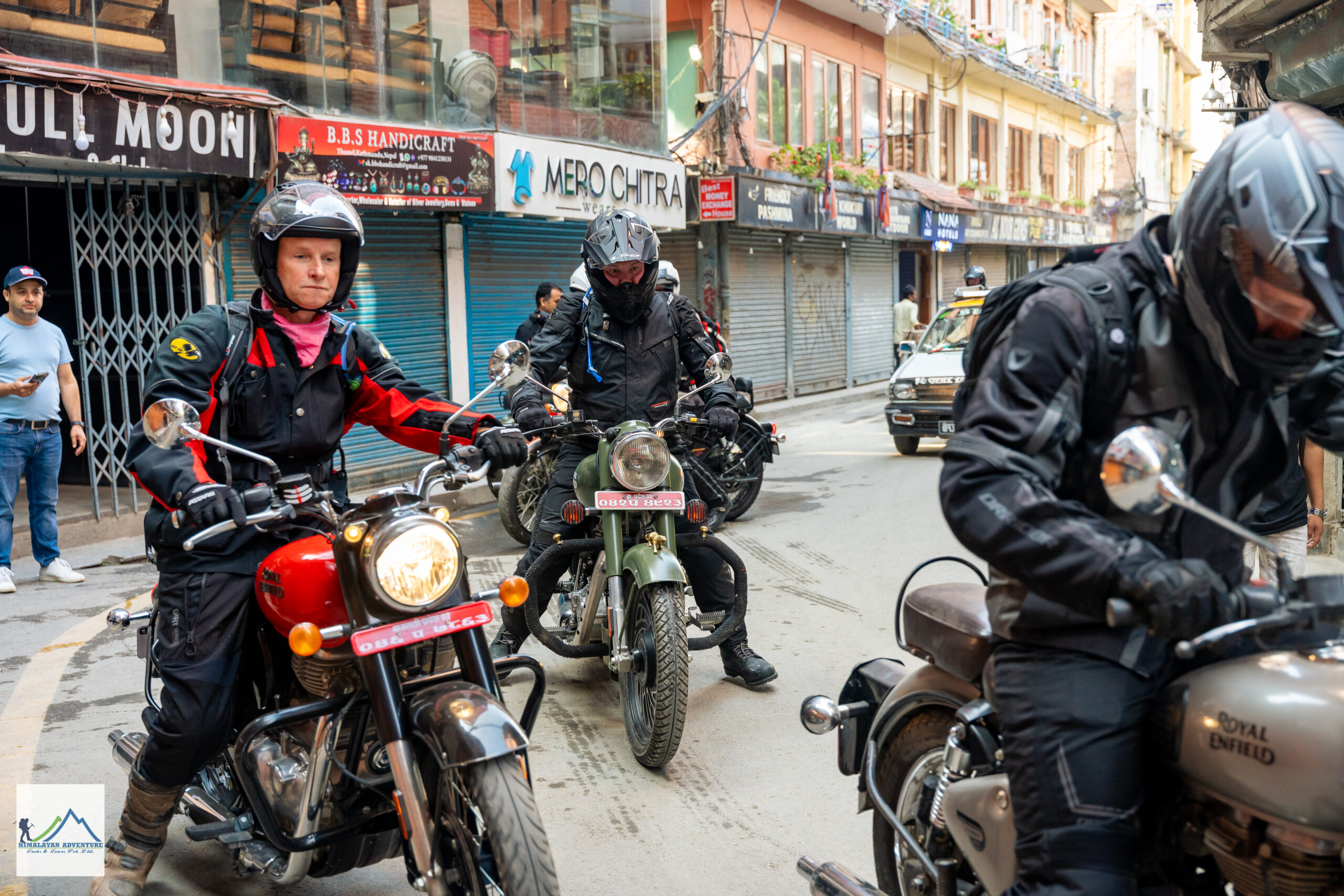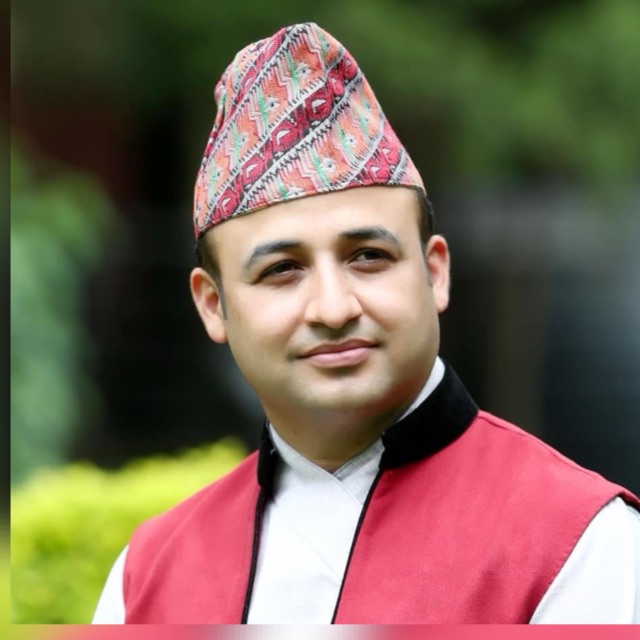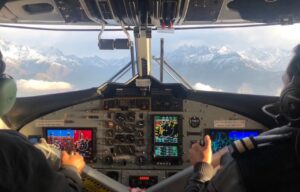Before embarking on the Everest View Motorbike Tour, it is important to be well-prepared. The following essential information will help you plan for the journey:
Motorbike Requirements: Participants must have a valid motorbike license and at least two years of experience riding on similar terrain. The roads in the Himalayas can be challenging, with rough patches, steep ascents, and sharp bends. Riders should be confident in their ability to handle these conditions.
Fitness Level: The tour involves long hours of riding and some hiking, so a moderate level of fitness is recommended. Riders should be comfortable spending several hours on a motorbike each day. The hike to the viewpoint is short but involves some uphill walking.
Weather Conditions: The weather in the Himalayas can be unpredictable, especially at higher altitudes. Participants should be prepared for a range of conditions, from warm and sunny to cold and wet. It is advisable to pack layers, including warm clothing, rain gear, and sun protection.
Health and Safety: Participants should ensure they have comprehensive travel insurance that covers high-altitude trekking and motorbike riding. It is also important to carry any personal medications and inform the guide of any medical conditions. Altitude sickness can be a concern at higher elevations, so it is important to stay hydrated and listen to your body.
Cultural Respect: Nepal is a culturally rich country with strong traditions. Participants should dress modestly, especially when visiting religious sites. It is also important to show respect for local customs, such as removing shoes before entering temples and asking for permission before taking photos of people.
Packing List: Participants should pack light but include all essential items. Recommended items include:
- Comfortable riding gear, including a helmet, gloves, and sturdy boots.
- Warm clothing for colder temperatures, including a jacket, hat, and thermal layers.
- Rain gear, such as a waterproof jacket and pants.
- Sunglasses, sunscreen, and a hat for sun protection.
- Personal medications and a basic first aid kit.
- A small daypack for carrying essentials during hikes.
- A camera or smartphone for capturing the stunning scenery.
Money and Currency: The local currency in Nepal is the Nepalese Rupee (NPR). It is advisable to carry some cash for small purchases, as credit cards may not be accepted in remote areas. ATMs are available in Kathmandu, but they may be scarce in more rural areas.
Language: The official language of Nepal is Nepali, but English is widely spoken in tourist areas. Participants should not have any trouble communicating with locals, especially in Kathmandu and Pattale.
Time Zone: Nepal is in the Nepal Time (NPT) zone, which is 5 hours and 45 minutes ahead of Greenwich Mean Time (GMT+5:45). Participants should adjust their watches accordingly.
Electricity and Charging: The standard voltage in Nepal is 230V, and the frequency is 50Hz. The power outlets are typically of type C, D, and M. Participants should bring a universal travel adapter to charge their electronic devices.
Emergency Contacts: Participants should keep a list of emergency contacts, including the tour operator’s contact details, local emergency services, and their country’s embassy in Nepal.
Additional Information
In addition to the essential information, there are a few other things to keep in mind when planning your Everest View Motorbike Tour:
Pre-Tour Briefing: A pre-tour briefing will be held on the evening of Day 1 in Kathmandu. This briefing will cover important details about the tour, including safety guidelines, the route, and what to expect. Participants are strongly encouraged to attend this briefing.
Photography: The landscapes on this tour are incredibly photogenic, so participants should bring a good camera. However, it is important to be respectful when taking photos of people and religious sites. Always ask for permission before photographing individuals, especially in rural areas.
Wildlife: The Himalayas are home to a variety of wildlife, including birds, monkeys, and occasionally, larger animals like deer or even leopards. Participants should be aware of their surroundings and follow the guide’s instructions regarding wildlife encounters.
Food and Water: The food provided during the tour is safe and prepared with hygiene in mind. However, participants should avoid drinking tap water and instead opt for bottled or filtered water, which will be provided during the tour. It is also advisable to avoid eating street food, especially in rural areas, to prevent any potential stomach issues.
Local Etiquette: Nepali people are generally very friendly and hospitable. A common greeting is “Namaste,” which is done by placing your palms together in front of your chest and slightly bowing your head. It is also important to respect local customs, such as not pointing your feet at people or religious objects and not touching someone’s head, as these actions can be considered disrespectful.
Environmental Responsibility: Participants are encouraged to be environmentally conscious during the tour. This includes not littering, minimizing plastic use, and following the “Leave No Trace” principles when hiking or camping. The Himalayas are a fragile environment, and it is important to protect and preserve their natural beauty.
Cultural Sensitivity: While in Nepal, participants will be exposed to different cultural practices and beliefs. It is important to approach these experiences with an open mind and a respectful attitude. Participants should be aware that behaviors considered normal in their home country may be viewed differently in Nepal.
Connectivity and Internet: While Wi-Fi is available in most hotels in Kathmandu, it may be limited or unavailable in more remote areas like Pattale. Participants should be prepared for the possibility of being offline for parts of the tour. This can be a great opportunity to disconnect from the digital world and fully immerse in the natural beauty of the Himalayas.
Group Dynamics: The Everest View Motorbike Tour is a group tour, which means participants will be traveling with others who share a similar passion for adventure. It is important to be respectful and considerate of fellow travelers, as this will contribute to a positive group dynamic. Participants should be prepared to share the journey with others and enjoy the camaraderie that comes with group travel.
Post-Tour Support: After the tour, participants will have access to post-tour support, including the ability to share feedback and ask any questions they may have. The tour operator is committed to ensuring that participants have a positive experience and are available to assist with any post-tour needs, such as arranging additional travel in Nepal or providing information about future tours.
